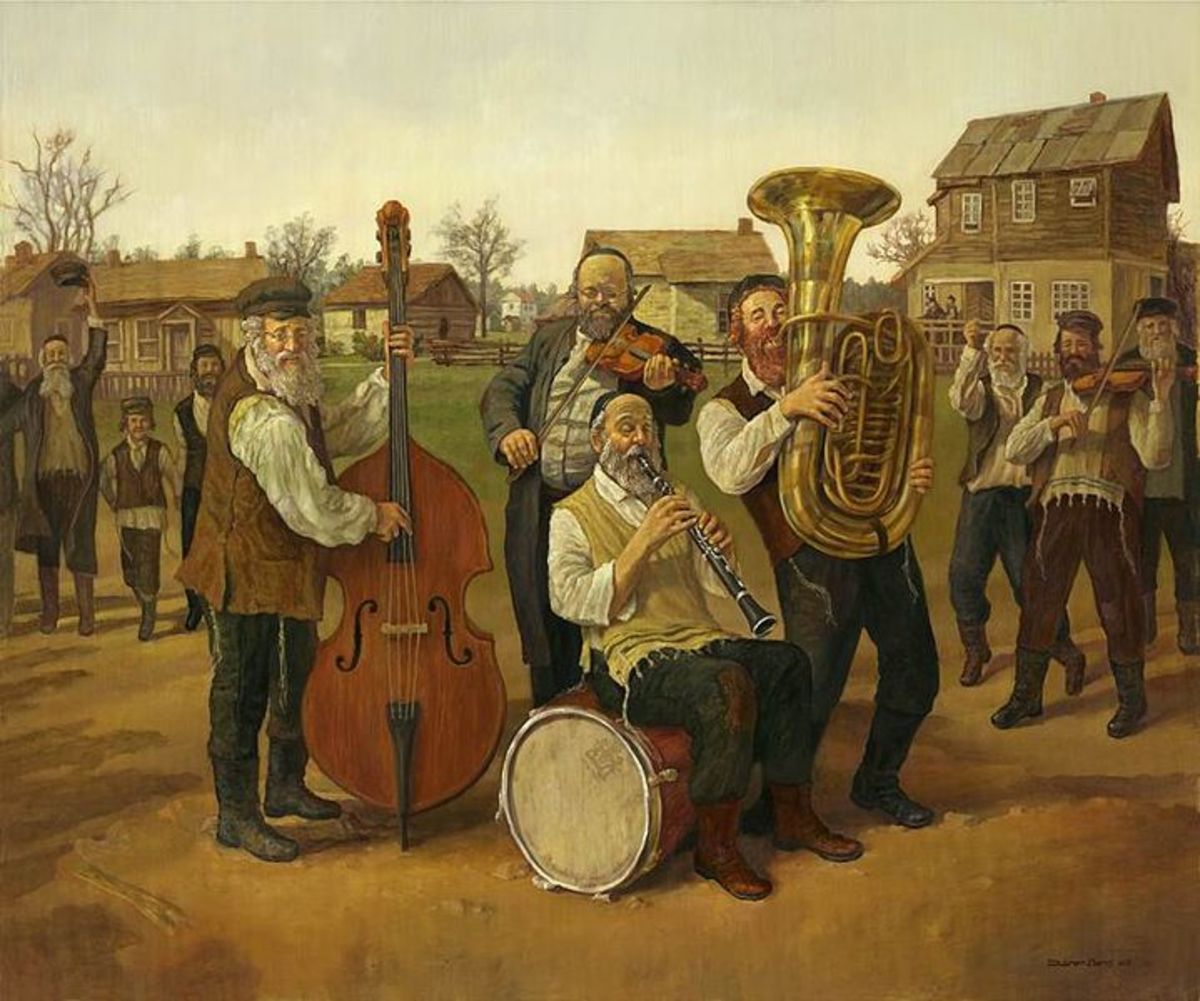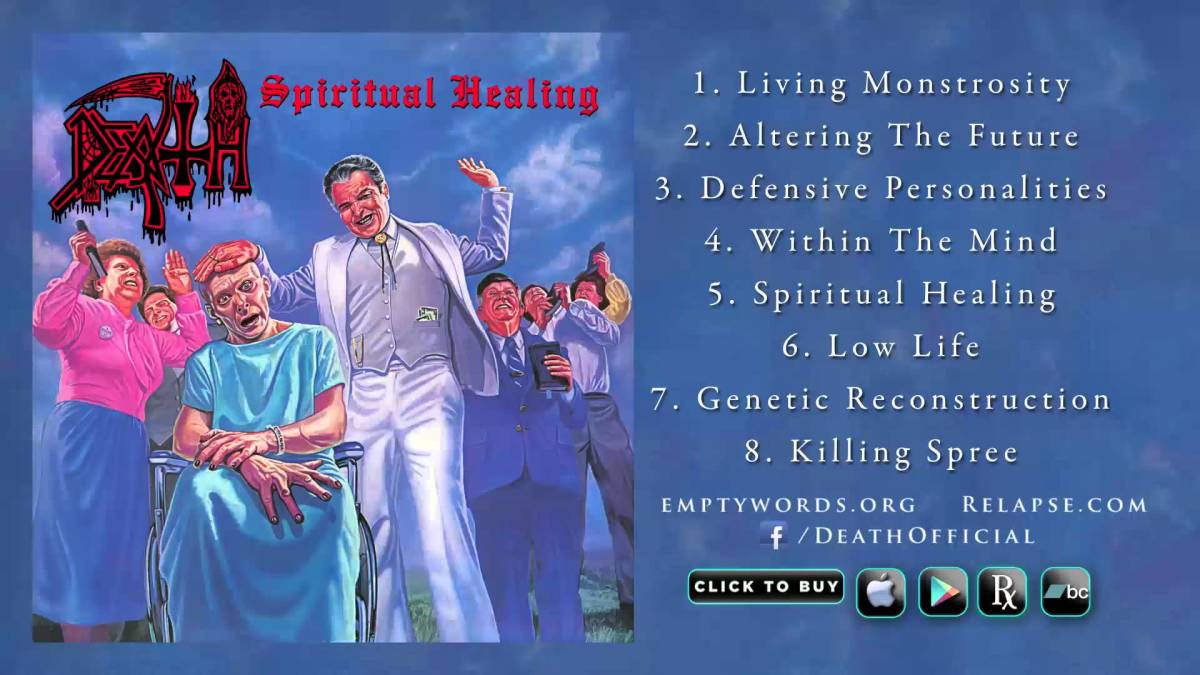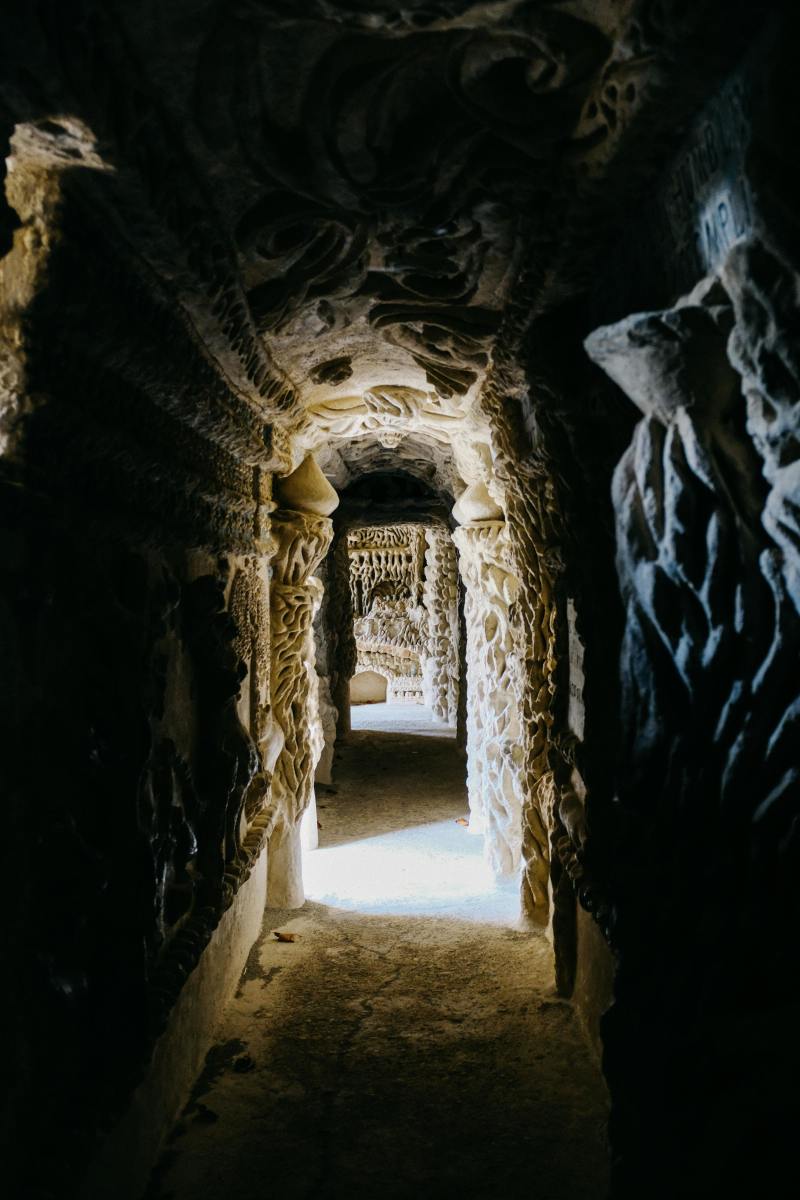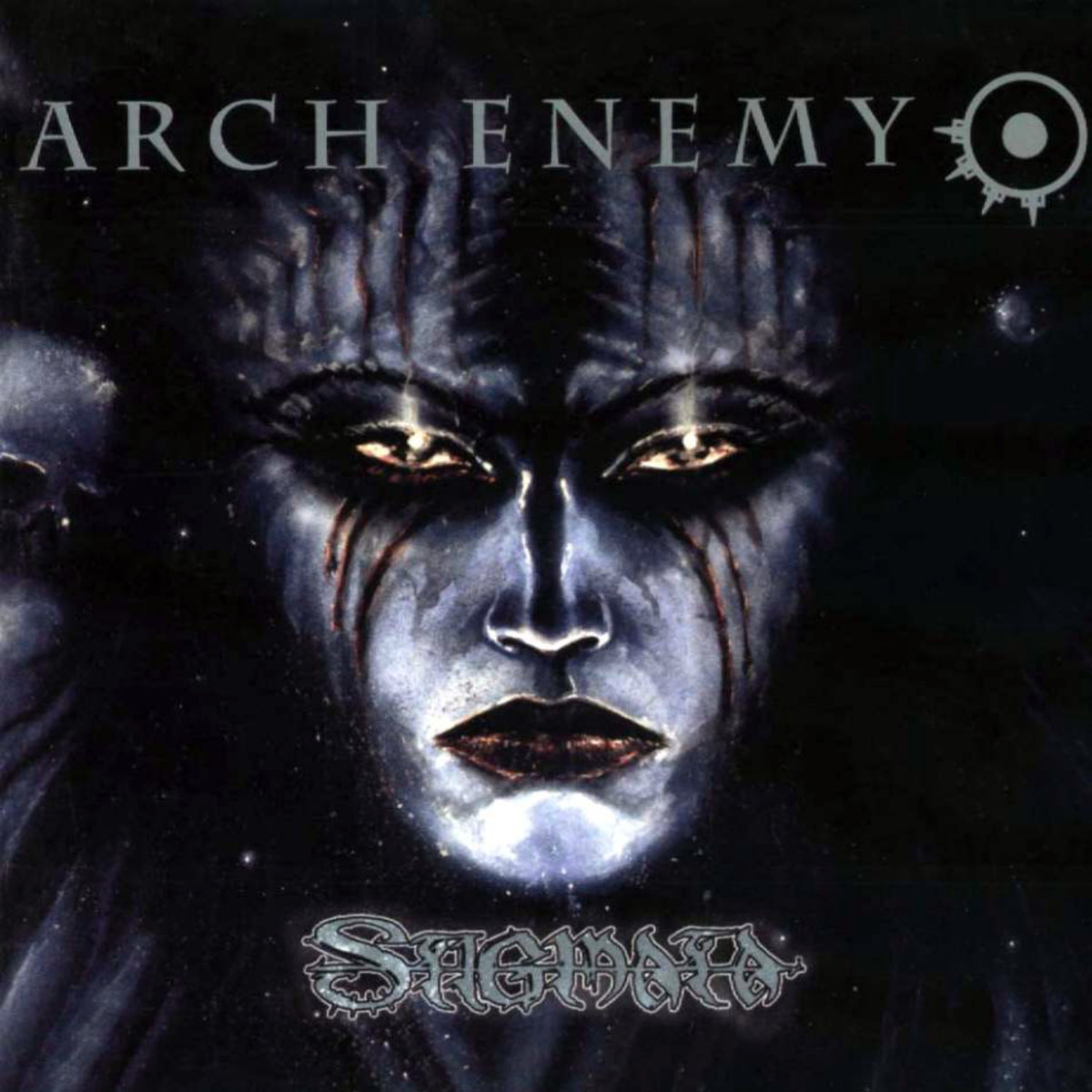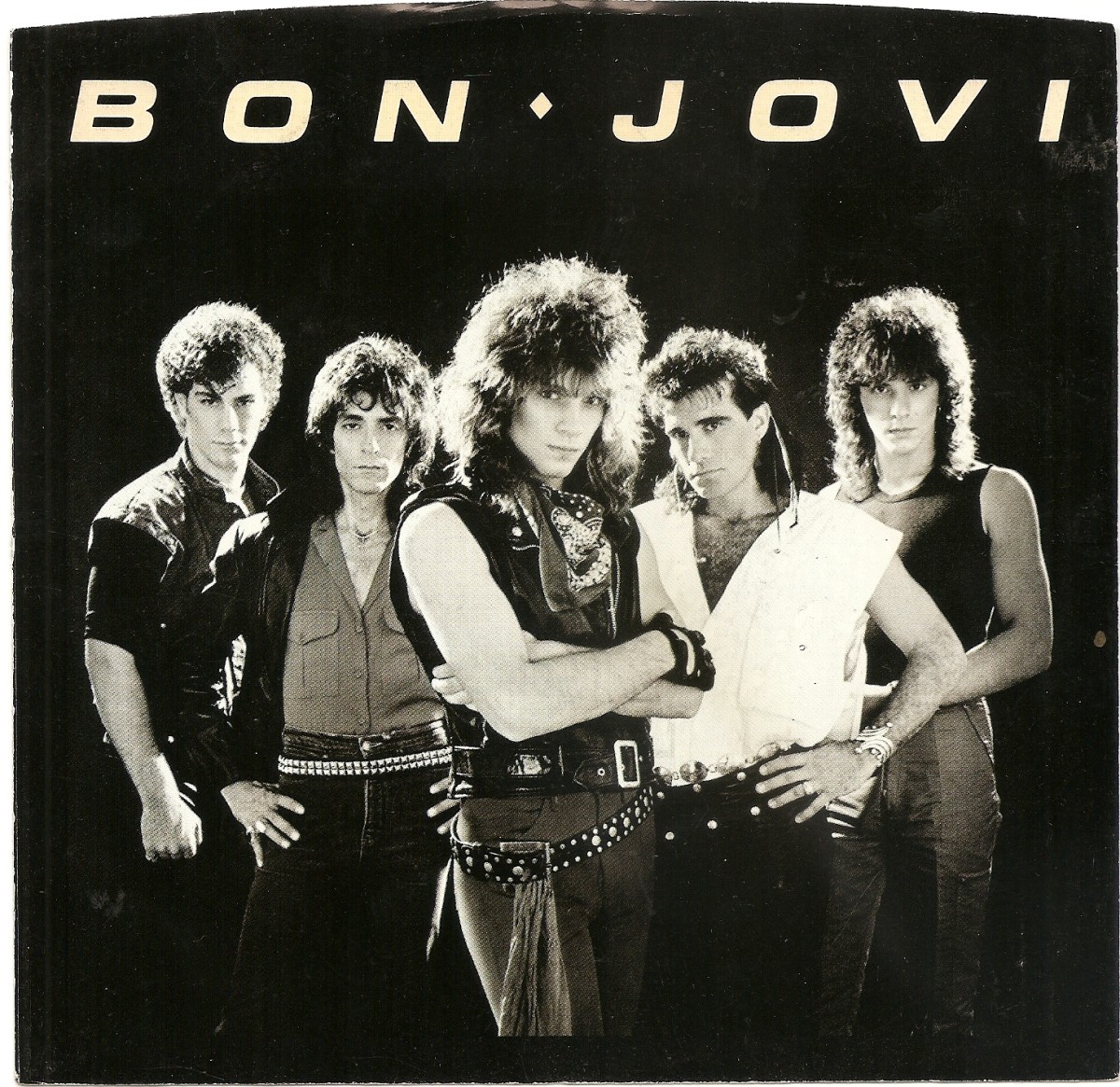Album Review: "Heritage" by Swedish Death Metal Band Opeth
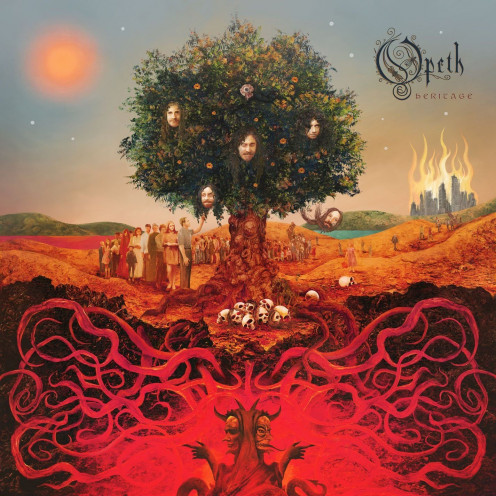
"Heritage" Is Nothing Like Opeth's Earlier Albums
Swedish veterans of progressive death metal Opeth have made a career of having albums that are full of long songs, changing times in music and various acoustic guitar passages. Their 2011 studio album Heritage is nothing like any of their previous releases because with this album, they have totally revamped their musical style and image and created something softer with clean vocals and they still have their beautiful acoustic guitar filled passages that you would have heard back in 1996 with albums such as Morningrise. Heritage is an album that is nothing like the progressive death metal style of the band's early days and instead it is Opeth's version of “The West Pole” by The Gathering without female vocals.
Why Was An Album Like "Heritage" Even Recorded?
Heritage also is an album that is described as having that progressive rock sound. Mikael Akerfeldt explained the reasoning and the decision making behind why an album such as Heritage was even recorded. He explained that he was getting discouraged with the contemporary or modern metal scene and he wanted to break away from the approach that the band had done on a few of the previous albums. It is understandable why he would want to do this because when you have been in the scene for as long as Mikael has, you witness the changes that the genre has gone through, and you just want to try something different. Mikael described Opeth as a “band without boundaries” and that Heritage was the type of album that he wanted to hear at the time. There are so many time changes in Heritage that it may be tough for some of us to keep up with but the bottom line is that it is a kind of musical experimentation that works.
Sometimes a Musical Style Change Works Out Well
For some bands, such a drastic musical change could spell complete disaster but for Opeth it has turned out to be a beautiful experiment for those of you that think that Heritage is an experiment musically. Heritage is also filled with blues and jazz style solos which only add to the quality of this band. Heritage is very different from even their 2008 album Watershed so some of you will be very disappointed with this release.
"Marrow of the Earth"
Analyzing the First Three Songs Including the Classically Influenced Title Track
This album starts off with the beautiful title track Heritage that might as well have been a piece from one of those classical composers from the older days, but it is not. Even so, this kind of start will shock some of the band's fans but not me. Heritage is the first of two instrumental songs in this album. “The Devil's Orchard” stylistically has the feel of a more modern version of Amorphis. Heritage is one of those albums that is best to listen to if you have had a rough day at work or if you are really angry because you just had a bad day. It is one of those albums that allows you to sit back and just relax and just let yourself unwind. This album can help you in ways that The West Pole can. “I Feel the Dark” has the feel of A Pleasant Shade of Grey from Fates Warning. It has that modern, progressive guitar sound and it just makes this band all that much more diverse. “Slither” is the next song on here and we are not referring to the one written by Metallica but a blues style song with progressive influences in it. If you have been able to tolerate and persevere this long through an Opeth album, then chances are you will be able to sit through this one as well.
"Heritage" Is a Unique Album In the History of Opeth
The album has that quality of giving you a different musical feel yet it does not sound boring or stale which is why Opeth is still one of the best Swedish bands that is left from the 1990s.
"Heritage" Song Only
Analysis of the Songs Slither, Nepenthe, Haxprocess, and Famine
Slither is a song about a very dysfunctional relationship based on lies and the song ends with another acoustic filled part. “Nepenthe” is a song that would probably remind some of us of bands such as Sentenced because of the title but this song is soft just like all the other ones before it except maybe The Devil's Orchard. “Haxprocess” is once again another song that continues in the progressive rock tradition of the album Heritage. It slows down even more, yet has that soothing quality which will more than likely make you utter the word beautiful. The song then transitions into something we would have heard a lot back in 1996. “Famine” is the next song on here and we hear the sound of drumming followed by the piano sound which even bands such as Angra have used. Famine clearly sounds like something that we would have heard on albums such as Tuonela or Am Universum. There is also a recurring sound that reminds me of what is also on the brilliant song Orion as it echoes through the song. It sounds like a mix of guitar and organ to me.
"Slither"
Final Thoughts About the Album "Heritage"
“Marrow of the Earth” is the second instrumental song in Heritage that ends this solid musical experiment. Listening through Heritage two times through makes you realize that even when a longtime Swedish death metal band abandons their early years style and uses a completely different musical approach and succeeds, you know that anything is possible to a certain extent. Even if we say that Opeth took a risk with this album. It was a risk that clearly worked out. Heritage may not be their best album, but it is certainly the best album from these guys in the more modern era.
This content reflects the personal opinions of the author. It is accurate and true to the best of the author’s knowledge and should not be substituted for impartial fact or advice in legal, political, or personal matters.
© 2020 Ara Vahanian


